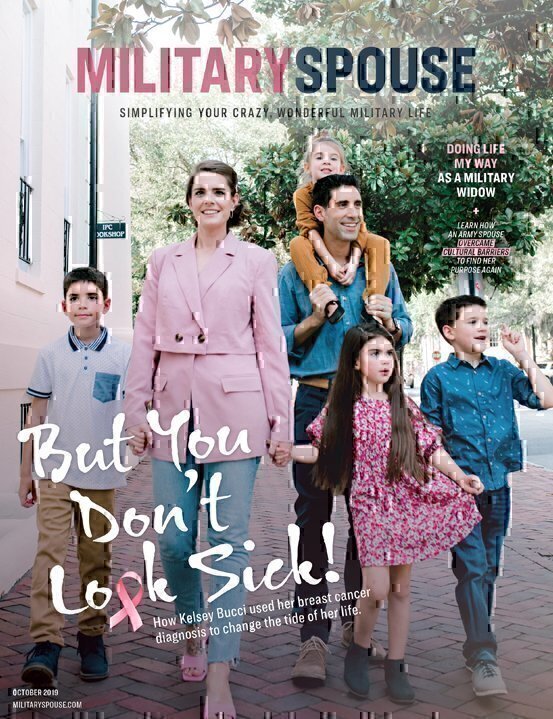From militarytimes.com | photo: Military spouses attend a job fair at Camp Lejeune, N.C. (Lance Cpl. Jackeline M. Perez Rivera/Marine Corps)
How many military spouses are actually getting hired by federal agencies under a special hiring authority that’s been in effect for more than a decade?
The Office of Personnel Management is in the process of finding out, after sending a memo to the human resources directors of all federal agencies on Sept. 27. The agencies must submit detailed information by Dec. 31 to OPM about how many spouses have been hired in fiscal year 2019.

The hiring authority gives agencies the ability to appoint military spouses to jobs without using the traditional competitive examining procedures. The authority was originally provided through an executive order in the Bush administration in 2008, but data hasn’t been available from federal agencies on how many spouses have been hired through this non-competitive, faster process.
Employment in the federal sector is just one option for military spouses, who often face many challenges in finding meaningful employment because of the frequent relocations to new duty stations. A number of efforts are under way by DoD, nonprofits and others to increase the opportunities for spouses in a variety of sectors.
In August 2018, a law was enacted to temporarily expand the eligibility for the hiring authority — to include all spouses of service members on active duty. That expansion ends in 2023, when it will revert to the previous criteria, which limited the eligibility to spouses of service members who have relocated due to a change of station.
As it did previously, the hiring authority also applies to spouses of 100-percent-disabled veterans, and un-remarried spouses of service members who were killed while performing active duty (not necessarily combat related.)
The August 2018 law also requires federal agencies to report to OPM annually on how many spouses have been appointed under the hiring authority in the previous fiscal year. That law, along with President Trump’s executive order in May 2018, lays out the requirements for reporting these numbers. OPM will provide the numbers to the president, along with recommendations for improving the hiring of military spouses.
Military family advocates have long asked for more information and data about how this and other programs are helping military spouses seeking employment.
“We’re very encouraged they’re following up to get this data,” said Jen Davis, government relations deputy director for the National Military Family Association. “The data will be a progress report of sorts to highlight what federal agencies are doing well, in addition to where they could boost their efforts for better results. This data will be helpful for each agency to see and understand, as well as military spouses who are interested in pursuing a career in the federal government.”
“We can’t fix what we don’t understand,” said Sue Hoppin, founder and president of the National Military Spouse Network, which focuses on a number of issues of military spouse employment. “This will help us understand the bigger picture by assessing trends of what’s working, what’s not, what’s on the rise…
“Specifically, it’ll be interesting to see what agencies outside of DoD have been effective at hiring military spouses and which agencies have been effective at helping military spouses maintain their jobs through PCSs, if any.”
The agencies’ reports for fiscal 2019 related to the military spouse hiring authority will include:
- the number of positions available
- the number applications submitted by spouses
- the number of spouses appointed
- the types of positions filled, and the number of positions filled for each type of position
- a summary of the effectiveness
- a summary of the agency’s actions to advertise and promote the hiring of military spouses
- a point of contact for military spouse hiring
The hiring authority is used at the discretion of the federal agency, and doesn’t entitle a spouse to a job over any other applicant.
OPM officials have been sending information to agencies about the new reporting requirement, and information about how to use the hiring authority effectively. They’ve advised them that Trump’s executive order directed agencies to actively advertise and promote the military spouse hiring authority and to solicit applications from military spouses.
How do military spouses use the hiring authority?
You still must apply and meet qualification standards and additional requirements, such as a background investigation.
At www.usajobs.gov, you can apply online after creating a USAJOBS profile. In the job announcement, look for the “This job is open to” section. When the position is open to military spouses, you’ll see a round green icon with white interlocked circles. You can also select the “military spouses” filter in the search.




